Olympics role too ‘divisive’ for cabinet, says Steven Miles
Less than nine years out from the Brisbane 2032 Games, Queensland has no dedicated minister for the Olympics. Why has new Premier Steven Miles scrapped the job?
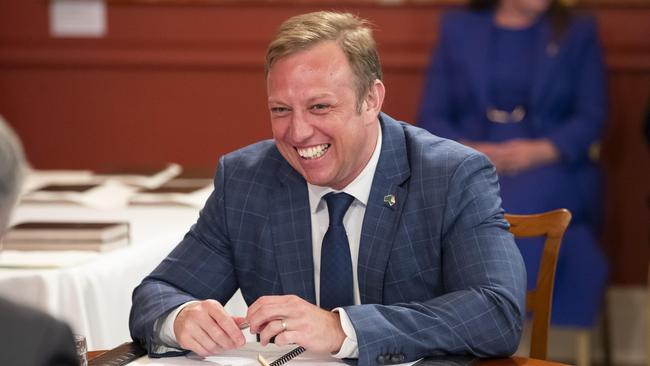
New Queensland Premier Steven Miles says the Brisbane 2032 Olympics became divisive under his predecessor, Annastacia Palaszczuk, and distracted the government from more important priorities such as community safety.
Unveiling his new cabinet, Mr Miles confirmed there would be no dedicated minister for the Olympics, less than nine years out from the Brisbane Games, as debate continues to rage over whether to scrap Ms Palaszczuk’s $2.7bn plan to demolish and rebuild the Gabba as the event’s main venue.
The new Labor leader defended his decision not to have an Olympics portfolio and said Grace Grace – whose industrial relations and racing portfolio has been expanded to include state development and infrastructure – would effectively be the minister responsible for the Games.
“The whole point of having the Games was to unite Queensland and I’d seen how divisive it had been,” Mr Miles said.
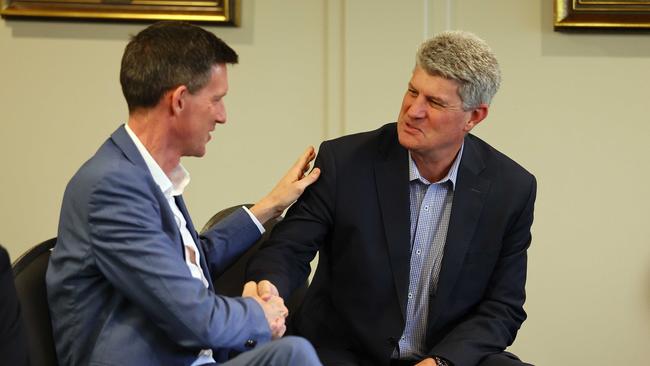
“So I think that by not having a portfolio but still having a minister responsible, we can demonstrate that we’re committed to using the Games as a catalyst to bring forward venues and infrastructure, particularly transport infrastructure for our region, but without a sense that government is distracted by it, that it has taken us from our priorities.”
As well as serving as premier, Ms Palaszczuk was the minister for the Olympic and Paralympic Games, and was instrumental in securing the event for Brisbane.
But this month a botched announcement by retiring sport minister Stirling Hinchliffe about an upgrade of the RNA showgrounds – to be used while the Gabba is rebuilt – sparked a revolt from the Brisbane Lord Mayor, Queensland Cricket and the Brisbane Lions over who should foot the bill.
Asked whether Ms Palaszczuk had been too distracted by the Olympics to focus on the government’s priorities, Mr Miles said the “discussion got distracted and that was taking oxygen away” from talking about the government’s real priorities.

“The Games were never about two venues, they were never about four weeks of sport, they were always a chance to put our city, our region and our state on a global stage, and a chance to deliver transport infrastructure to make it easier to get around.”
Under the reshuffle four ministers are leaving cabinet – the retiring Ms Palaszczuk and Mr Hinchliffe, trouble-prone transport and main roads minister Mark Bailey and sacked child safety minister Craig Crawford – and five assistant ministers have been promoted into cabinet, including Bart Mellish and Charis Mullen, who take the portfolios of transport and child safety, respectively.
The transfer of the transport portfolio from Mr Miles’s dominant Left faction to the Right was a key plank of the factional and union deal negotiated last Monday to install him as Premier.
As revealed by The Australian last week, Mr Miles’s union mentor Gary Bullock – the United Workers Union national political director and Left faction convener – met Right faction figure Stacey Schinnerl, state secretary of the Australian Workers Union.
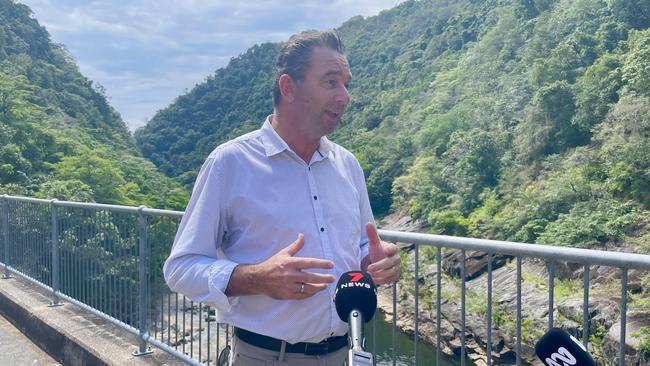
Under the deal, Right faction Treasurer Cameron Dick became Deputy Premier and delivered Mr Miles the numbers in caucus he needed to see off fellow Left faction leadership contender Shannon Fentiman. The Right also got an extra ministerial spot, increasing the cabinet’s size to 19, and several Labor sources said Mr Bullock made promises about a government industrial relations policy, Best Practice Industry Conditions – a bugbear of the AWU.
Though Mr Miles said his cabinet had the “fresh faces” and “fresh ideas” to reverse Labor’s plunging polls and deliver a fourth election win next October, the senior leadership remains largely the same.


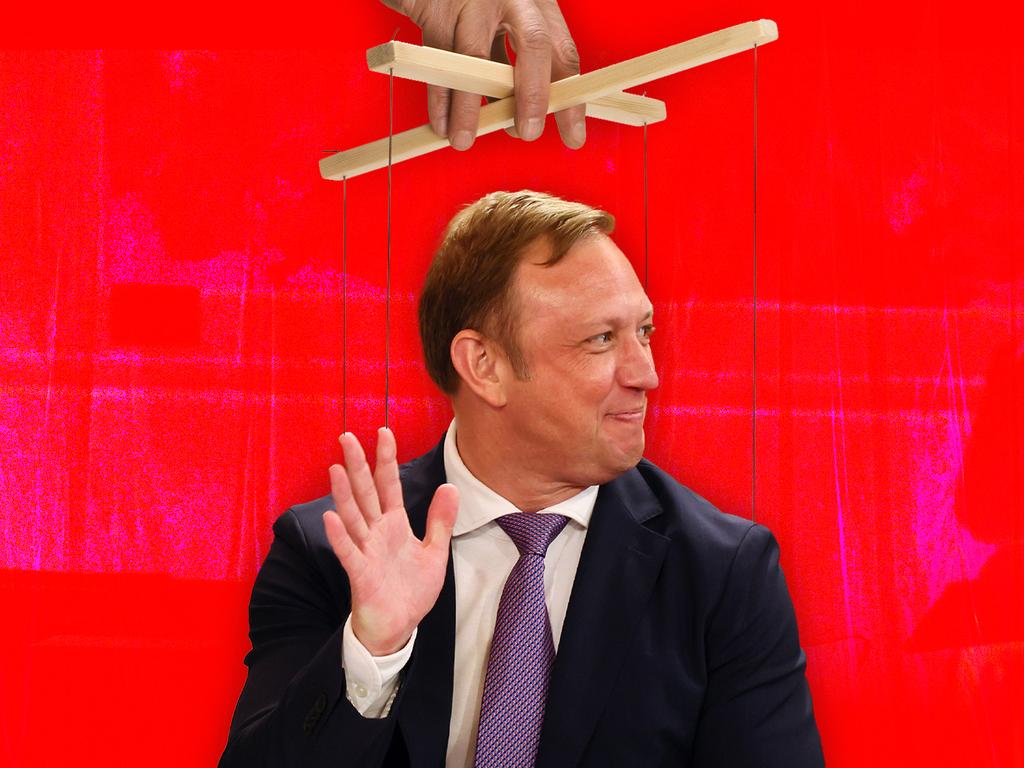

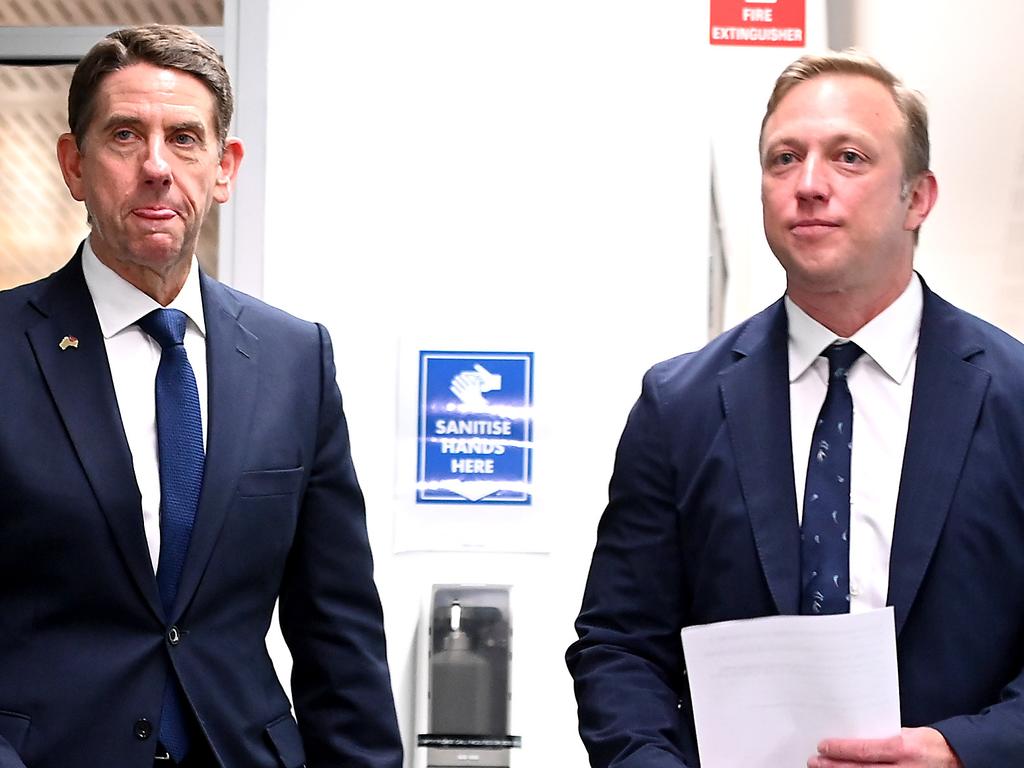

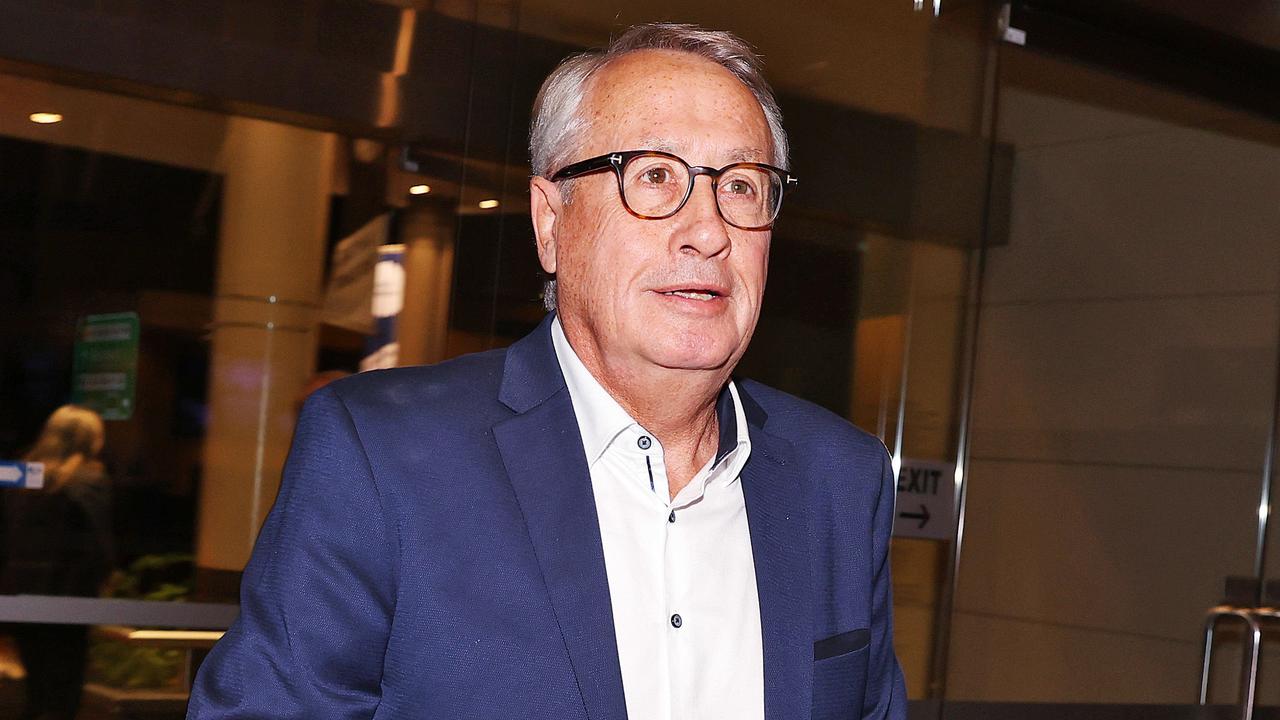
To join the conversation, please log in. Don't have an account? Register
Join the conversation, you are commenting as Logout